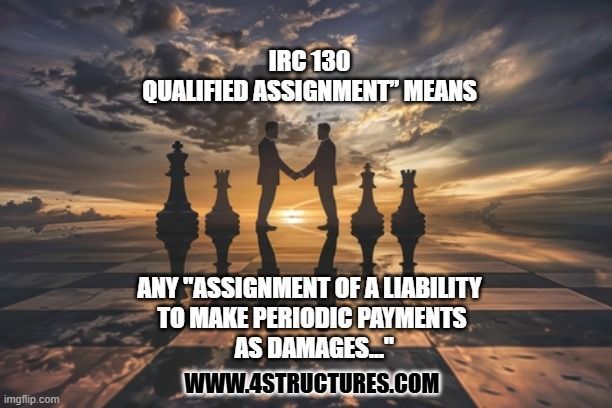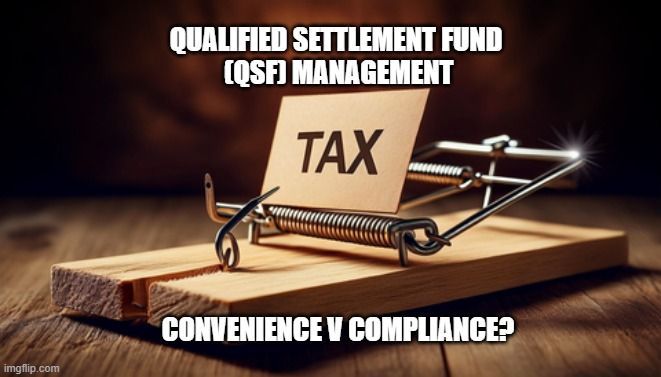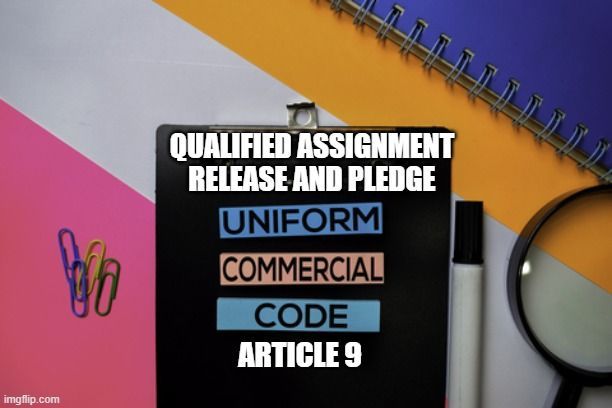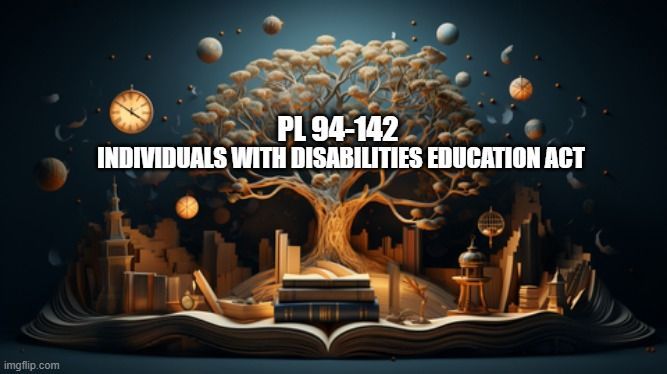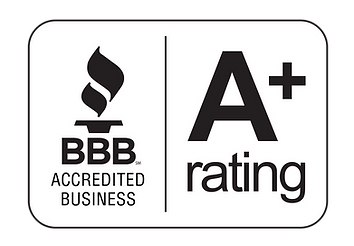Legal Malpractice Structured Settlements
Structured Settlements a Vital Mitigation Tool After Blum
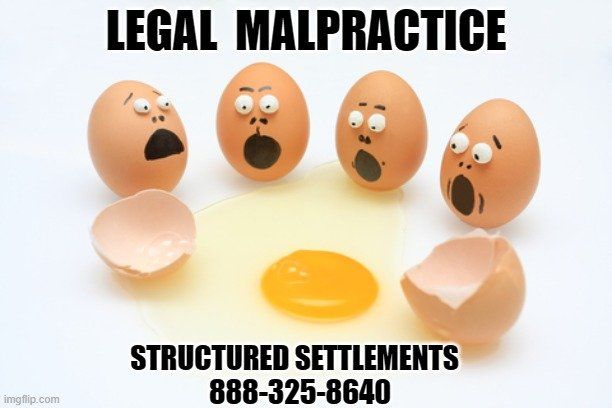
What is a Legal Malpractice Claim?
Legal malpractice is a type of legal claim that a lawyer's or law firm's client can bring when a lawyer breaches his or her legal duty to the client.
If you are bringing a legal malpractice claim based on your attorney's or law firm's negligence, you need to show:
- Your lawyer had a duty to represent you competently
- Your lawyer made a mistake or otherwise acted in a way that breached their duty to you
- Their actions caused harm to you and you lost money as a result Source: FindLaw
How Common are Claims of Legal Malpractice?
According to the New York State Bar Association, lawsuits against lawyers arising from errors and/or omissions in the performance of legal services continue to rise. Source: Legal Malpractice 2025 nysba.org.
EPIC Law Firm Group Releases Key Trends Driving Law Firm Malpractice Insurance Claims in Annual Survey May 21, 2025
Is a Legal Malpractice Claim Tax Exempt?
Blum v Commissioner, Cite as 129 AFTR 2d 2022-1170, Code Sec(s) 104; 61; 6662, (CA9), 06/02/2022
- The express terms of Blum's settlement agreement make clear that there was no direct causal link between the legal malpractice settlement and her physical injuries.
- The settlement agreement expressly states that Blum and her attorneys maintain "that Blum did not sustain any physical injuries as a result of the alleged negligence of either Kozlowski or Celski [her attorneys]."
- And the agreement further states that it was entered into "for the purpose of compromising and settling the [malpractice] dispute between [the parties]."
Taken together, the express terms of the agreement demonstrate that the settlement was entered to compensate Blum for the harm caused by her lawyers' legal malpractice, rather than the physical injuries [pg. 2022-1171] she sustained in her underlying negligence action. As the Tax Court accurately put it, the terms of the agreement "make clear that the payment was in lieu of damages for legal malpractice."
When the express terms of the agreement make the purpose of the settlement clear, we need not look to the intent of the payors. See Rivera, 430 F.3d at 1257. Because the agreement's express terms clearly indicate that Blum was not compensated for her physical injuries, the Tax Court properly concluded that the settlement proceeds were not exempt from taxation under § 104(a)(2).
In order for a legal malpractice claim to be tax exempt, the damages that the original claim were to be for were received “on account of personal physical injuries or personal physical sickness.
Aames v. Commissioner, 94 T.C. 189; 1990 U.S. Tax Ct. LEXIS 8; 94 T.C. No. 13
The issue of the taxation of legal malpractice recoveries arising from a physical injury claim was examined in an older case, Aames v. Commissioner. In Aames, the court held that only the interest component of the settlement, not the malpractice recovery itself, was taxable. Read Aames v Commisioner Tax Court Decision
P sued his attorney for malpractice for the negligent handling of a personal injury action. P was awarded damages on the malpractice claim together with interest thereon from Jan. 27, 1984 to Apr. 1, 1986. Held, the interest was not paid "on account of" P's personal injury. Sec. 104(a)(2), I.R.C., as amended. Held, further, the interest portion of the damage award is taxable income to P. Sec. 61(a)(4).
The malpractice claim itself need not be a tort, as that requirement was removed from Section 104(a)(2) in 2012 in T.D. 9573 (2012-12 IRB 498). When determining the exclusion from gross income the IRS looks at the nature of the claim which was the actual basis for the settlement. Seay v. Commissioner, 58 T.C. 32, 37 (1972).
From there the proper inquiry to conduct is “in lieu of what were damages awarded or paid?” Church v. Commissioner, 80 T.C. 1104, 1107 (1983); Delaney v. Commissioner, 99 F.3d 20, 23-24 (1st Cir. 1996); Fono v. Commissioner, 79 T.C. 680, 694 (1982), aff’d without pub. opinion, 749 F.2d 37 (9th Cir. 1984). If viewed by the IRS, they would consider all the facts, including:
- the allegations contained in the taxpayer’s complaint;
- the evidence presented and the arguments made in the court proceeding; and
- the intent of the payor.
Threlkeld v. Commissioner, 87 T.C. 1294, 1306 (1986), aff’d, 848 F.2d 81 (6th Cir. 1988); Bent v. Commissioner, 87 T.C. 236, 245 (1986), aff’d, 835 F.2d 67 (3d Cir. 1987).
When To Raise the Concept of a Legal Malpractice Structured Settlement
A legal malpractice structured settlement may be explored in conjunction with a structured settlement expert, by plaintiffs, defendants, their legal representatives in the legal, malpractice matter, or the legal malpractice insurer.
Taxable legal malpractice settlements need meticulous settlement planning
If a structured settlement is desired in a legal malpractice case Legal malpractice cases with structured settlements are most often concluded via a non qualified assignment. With taxable damages cases the use of a Plaintiff Recovery Trust may be helpful. Advance planning is required!
With the right type of case, even if a life insurance company agrees to accept it, you’ll want to be sure the settlement agreement specifically details why the settlement payments are excludable from gross income under Section 104(a)(2) of the Code.
For more information about legal malpractice settlement planning please contact John Darer at 888-325-8640, or complete and send the contact form below..
Last updated May 24, 2025
#legalmalpractice #NYClegalmalpractice #NYlegalmalpractice #CTlegalmalpractice #plaintiffrecoverytrust #FLlegalmalpractice #westchesterlegalmalpractice #stamfordlegalmalpractice #newhavenlegalmalpractice #hartfordlegalmalpractice

